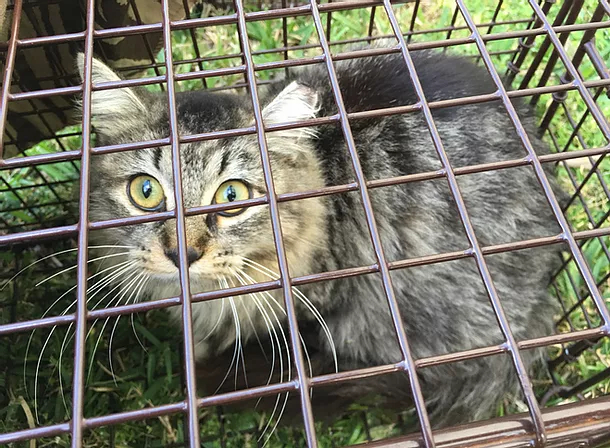
‘TNVR’ ordinances in cities throughout the Country state that Community Cat colony caretakers must ‘TNVR’ every cat that is being fed in the colony or working towards that goal. Feeding cats is an enjoyable and necessary event, but the organization and efforts it takes to trap every cat can be overwhelming and very emotional. A huge problem is that kind-hearted residents who feed, do not have the training or equipment necessary to trap. The standard trapping cost per cat is $75 – $125; therefore, a small colony of a dozen cats and kittens can cost a resident $900 to $1,500 for ‘TNVR’ trapping! These are Community Cats – this is not acceptable!
We understand this frustration from our own experience. In 2013, original ‘CCCBR’ residents paid a trapper (who specialized in ‘TNVR’ trapping), over $3,200 to stop the reproduction at three cat colony areas on public land. We had called every Palm Beach animal organization, the City, and the County – we all were shocked and confused as no one would do anything about the situation! So please understand, we sympathize with those residents (especially our lower income, elderly or handicapped) that are taking the time and sacrificing scarce money to buy cat food and feed when they are told they have to trap the Community Cats themselves or pay a ‘TNVR’ trapper to do so. THIS IS NOT ACCEPTABLE. ‘CCCBR’ will be doing everything possible to remedy this situation as quickly as we can!
‘CCCBR’ volunteers have trapped hundreds of cats and older kittens for ‘TNVR’ here in Boca Raton to assist frustrated and confused residents who want to help stop the reproduction, but have no idea how to perform the difficult task of trapping.
A local Community Cat feeder story:
Frantically calling every organization for help with trapping, residents on Dixie Highway were told the same message – you have to trap all 31 cats yourselves – impossible. By chance, ‘CCCBR’ volunteers driving by happened to see kittens and stopped at this duplex. With tears, the resident told us the story of how they had no money and could not possibly pay a trapper as they could hardly afford the cat food. After analyzing the situation, the urgently needed ‘TNVR’ trapping event took place in the sweltering heat of the summer three years ago. Our goal was the 31 cats in two nights – including five pregnant cats (we always target pregnant cats first). It was quite a challenge, but with the knowledge of the cats the feeder had whom the cats trusted, we attained that goal!
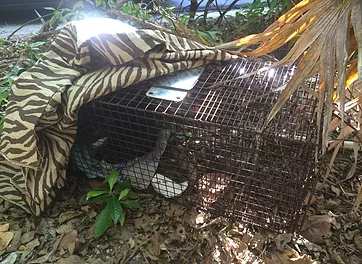
The negative term “Feeder Breeder” has been given to residents who feed Community Cats but do not make any effort to trap them for ‘TNVR’. These residents, unfortunately, are usually the cheap, dry food ‘dump and drive away’ type (dumping food is against County Ordinance) which has to be stopped!
This leads to dozens of kittens being born with no hope for adoption and the reproduction cycle continues adding to the overpopulation epidemic. Costs for cat food increase and eventually these types of people abandon the colonies that they actually created by their irresponsibility. The term “Feeder Breeder” is also used to describe homeowners or renters who dump dry food outside and leave it, thereby creating the same disastrous scenario.
Once again, the renters move away or the homeowner sells the house, and starvation for all the cats and kittens dependent on the ‘dumped’ food is inevitable – heartbreaking.
Fortunately, ‘CCCBR’ volunteers also encounter a different type of feeder – one who feeds properly and truly cares for their colony of cats. They are in such despair as they do not have the money to hire a ‘TNVR’ Trapper as they have been told they need to do. They tell us that each time they call facilities here in the City and County that they thought would assist them with their dilemma, they were told the same answer – residents can rent traps ($70-100 per trap) that they needed to come to pick up from the facility. Obviously, this is not the solution to their situation and was not the answer that they expected, nor wanted, to hear!
This is where very serious problems begin that stop residents from carrying out ‘TNVR’ for their cat colony. This is why we must have a ‘TNVR’ facility here in Boca Raton so that we can HELP our residents address this epidemic, overpopulation situation!
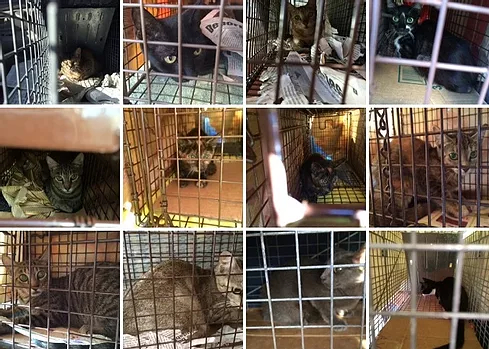
The following is a detailed list of the problems encountered by Residents who want to help their outdoor Community Cats utilizing ‘TNVR’, but cannot:
- Some residents do not have cars to be able to pick up traps and to transport cats
- Many residents work and do not have the hours of time it requires to pick up traps and transport cats
- The vast majority do not have the monies necessary to cover deposits for the traps
- Most vehicles cannot fit more than 3-6 traps and in most cases that is not enough
- No residents have the properly fitted covers for the traps
- Every resident we have talked to has NO idea how to trap the cats that trust them
- If trapping is attempted and cats are successfully trapped, where can they be safely kept?
- Trapping can take many hours throughout the night and residents lose sleep that night
- Large cats panic when their trap is being moved, making it difficult to be lifted into a car
- Cats must be checked into the ‘TNVR’ facility by 8:00 am
- Residents must pick up ‘groggy’ cats, still under anesthesia, the same day as their surgery at Animal Care and Control ‘TNVR’ facility in West Palm Beach, which requires residents to safely keep the cats overnight at their homes
- Residents must release the cats to the site where they were trapped and then clean the cages
- The rented cages must then be driven back up to the ‘TNVR’ facility so their deposits are returned.
The entire process requires residents to make four (4) two-hour round trips to either of the ‘TNVR’ facilities in West Palm Beach
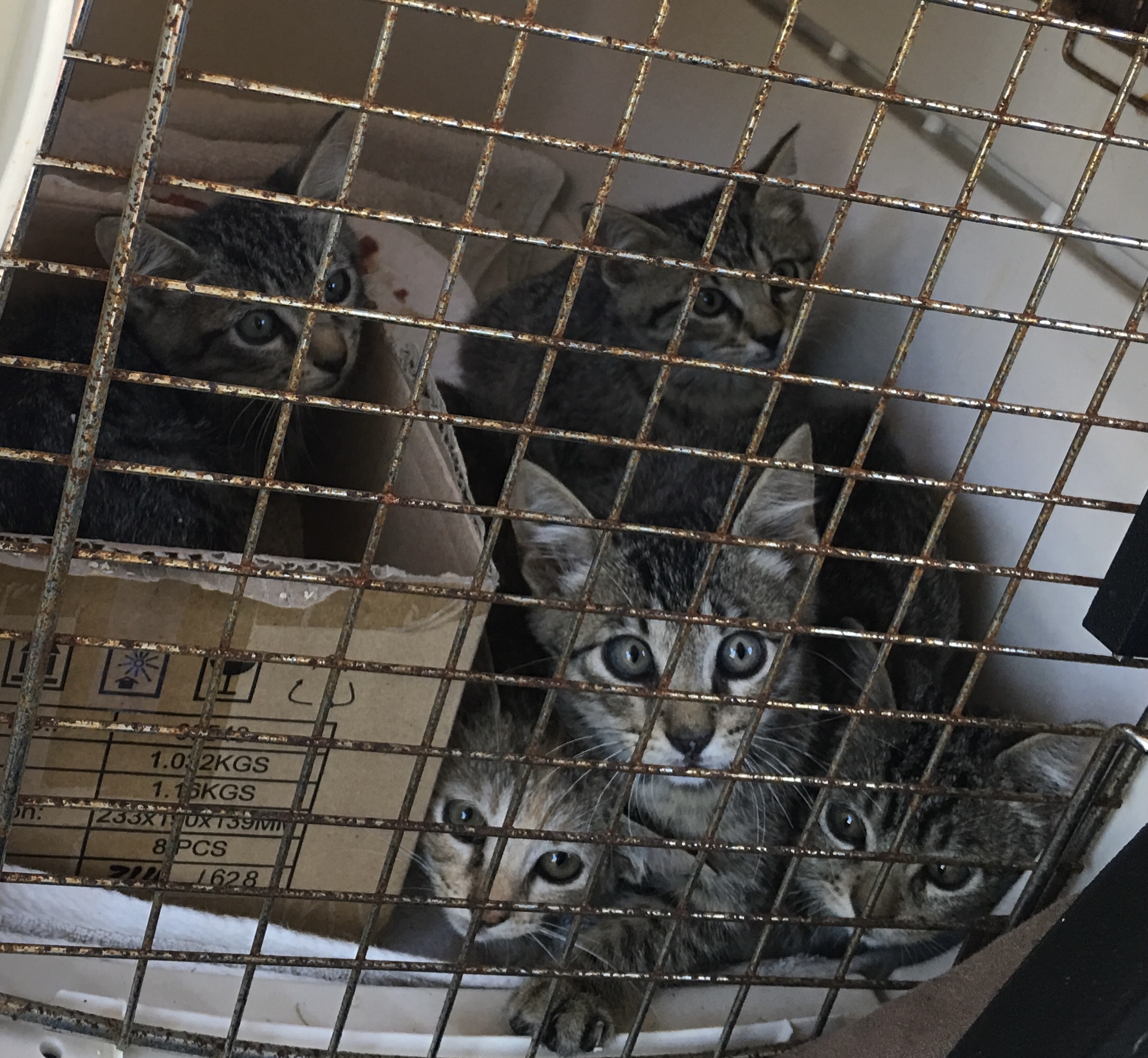
WE DESPERATELY NEED A ‘TNVR’ FACILITY HERE IN BOCA RATON
Overwhelmed with all they cannot do, residents call to hire a ‘TNVR’ trapper ($75-$125 per kitten or cat and one has ‘set up’ costs) and cannot afford the cost. WHAT DO THEY DO?
We have found that caring residents are overcome with anxiety as more pregnant cats keep appearing and then more kittens are being brought by their mothers to the feeding site. The numbers of hungry kittens and cats keep increasing and with no free services for ‘TNVR’ trapping offered in Palm Beach County, residents are angry, overwhelmed and scared.
THE REPRODUCTION OF TENS OF THOUSANDS OF ‘COMMUNITY CATS’ IS A MONUMENTAL ISSUE THAT MUST BE ADDRESSED IN EACH CITY IN EACH COUNTY!
‘CCCBR’ is determined to assist lower-income residents, and have already trapped hundreds of cats and older kittens for ‘TNVR’ for dozens of desperate residents as they had nowhere else to turn.
Our volunteers always remove young kittens from these dangerous outdoor situations and there is a great need of foster homes for a few weeks for these precious little ones to have a chance. A small, safe space with food, water, and love being given is not much to ask for these innocent little ones so they can be ready for adoption in a few weeks and have a chance for a safe, indoor home.
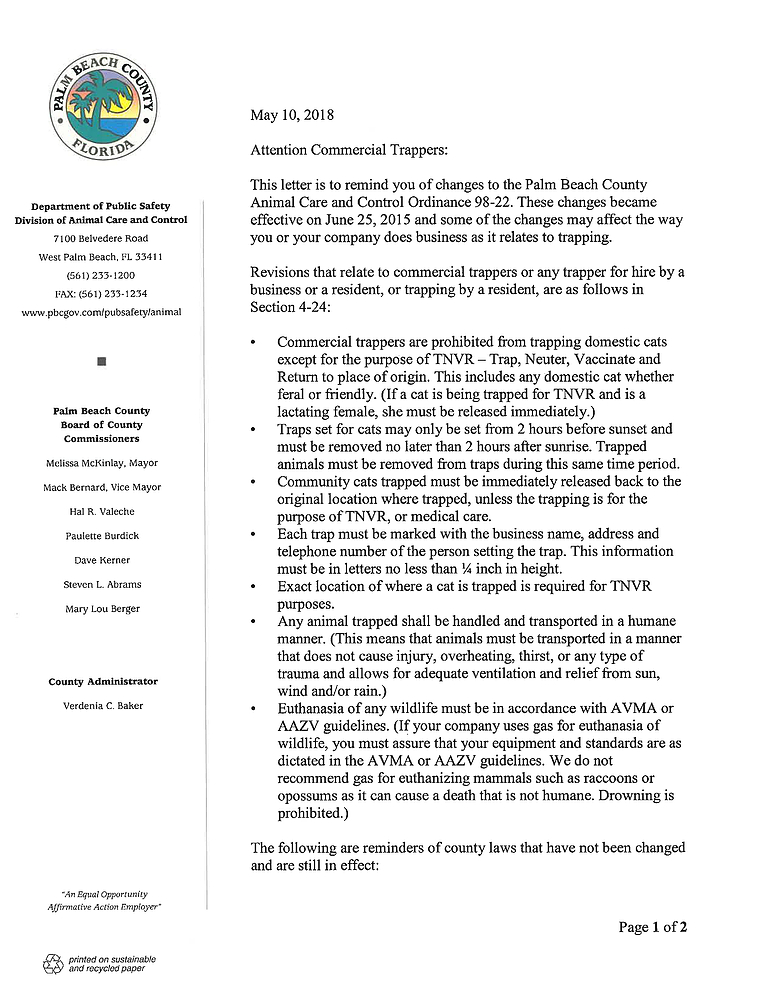
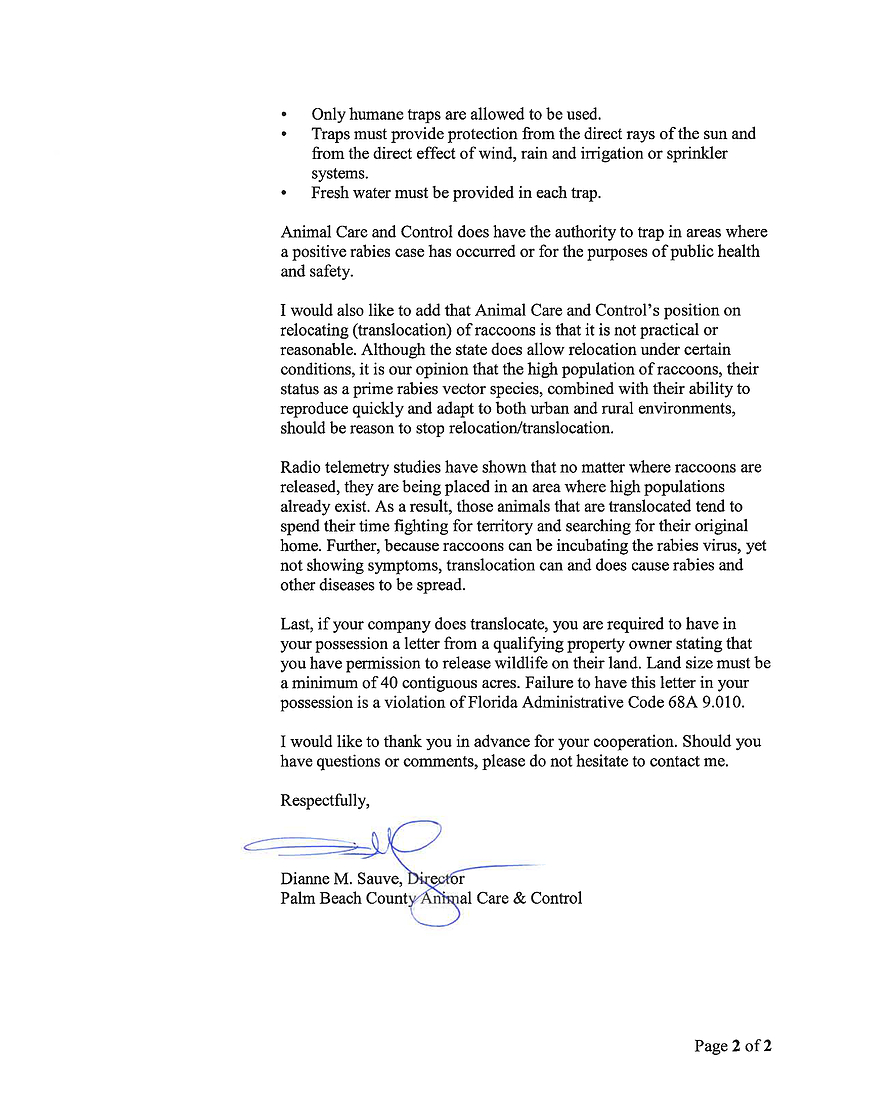
Once colony ‘TNVR’ is completed, there is a tremendous sense of accomplishment when this goal is attained! The colony caretaker can relax and enjoy the feeding experience without the worries of fighting males, pregnant females and dozens of kittens. The determined efforts by the colony caretaker that made it possible are commended by other colony caretakers as we all know that one more area of our City is ‘TNVR’ complete.
Commercial trappers are prohibited from trapping Community Cats except for the County ordained ‘TNVR’. When our members have talked to commercial trappers, they have told us that they will not trap cats for ‘TNVR’ because it could be someone’s pet cat that happens to be outside, creating legal issues for their company; therefore, their focus is trapping wildlife for residents.
